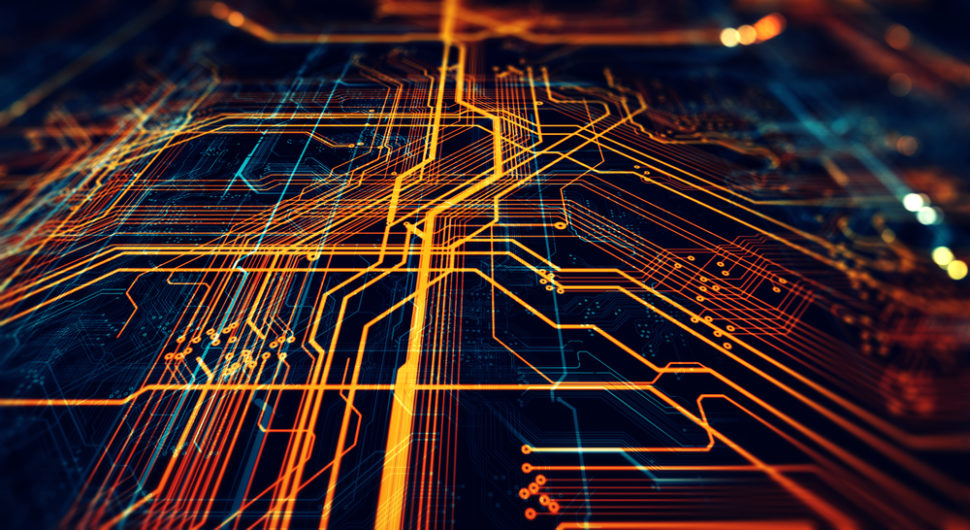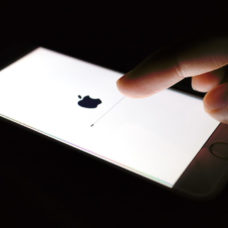When it comes to humans and technology, results are often a mixed bag. People’s usage of technology determines whether it acts as an add-on to human social interactions or replaces them.
But it’s perhaps the relationship between humans and technology itself that needs extra focus.
Given the increasing ubiquity of technology, humans have come to have a symbiotic relationship with it. We enhance technology to, in turn, give back and enhance our life.
While this coevolution is beneficial to both, the mutual dependence between humans and technology is starting to lose balance.
With the rise of AI, Big Data, and Quantum Computing, technology is starting to use us.
Humans and Technology Role Reversal
If the World Wide Web isn’t what it’s inventor intended it for, it’s mainly because of us.
We are to blame for any abuse and misuse of the Web and other tech artifacts, but what if we find ourselves a tool in the hand of technology?
Dionysios S. Demetis is a lecturer in management systems at Hull University Business School, and Allen S. Lee is a professor of information systems at Virginia Commonwealth University’s Business School.
Demetis and Lee have worked together before on a theory about a set of requirements for information systems sciences.
Building on this previous work, the two researchers have taken on a new problem in their paper:
“Humans can now be considered artifacts shaped and used by technology.
The role reversal has considerable implications for the field of information systems that has thus far focused only on the use of the IT artifact by humans.”
Not only are algorithms and robots taking over jobs, but they’re also shaping every other aspect of modern life due to the decision-making power we’re granting to them.
We rely more and more on algorithmic decision-making.
In courtrooms, AI can help judges to detect lies, and replace lawyers with cheaper algorithms. In hospitals, AI software can interpret medical images to diagnose diseases and personalize treatment. Machine Learning algorithms shape our social media feed and recommend music to listen to, movies to watch, and items to buy.
Giving algorithms free rein and letting them make decisions for us could lead to several unintended scenarios.
In an article published in The Conversation, Demetis wrote:
“The roles of information technology and humans have been reversed. In the past, we humans used technology as a tool. Now, technology has advanced to the point where it is using and even controlling us. We humans are not merely cut off from the decisions that machines are making for us but deeply affected by them in unpredictable ways. Instead of being central to the system of decisions that affects us, we are cast out in to its environment.”
An example of the role reversal between technology and users is the 2010 Flash Crash.
In 2010, the Dow Jones Industrial Average Index dipped by about 1,000 points (9 percent of value) in a few minutes, leading the U.S. Securities & Exchange Commission to conduct a five-month-long investigation.
“ There wasn’t a bug in the programming,” said Demetis:
“The behavior emerged from the interaction of millions of algorithmic decisions playing off each other in unpredictable ways, following their own logic.”
As technology is making us more and more redundant, we should begin to focus on this symbiotic relationship more. Automation, Big Data, and AI developments could all place humans by the wayside in a matter of years. But is that a choice? Or an inevitability?



















Is lie detector proven to be sufficiently reliable enough to replace lawyer in court?
Yes, probably. Lawyers tasks can be automated.
No Never.
No